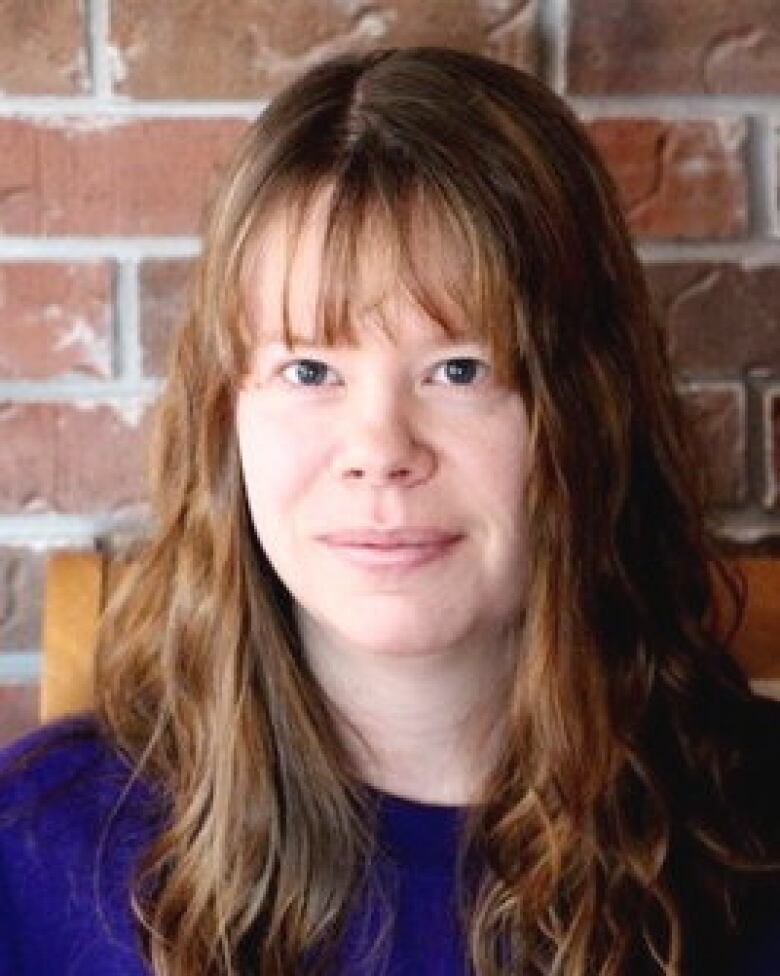Researchers to look at effects of disclosing mental illness at work

While conversations about mental illness are increasingly common, people who are dealing with mental illness may still find it difficult totell theiremployer about it, even if that disclosure could help the employee access counselingor get other accommodations.
KateToth, ahuman resources professor at Conestoga College, is planning to study the effects of disclosing mental illnesses at work with the goal of coming up with guidelines for employees.
Toth and her co-researchers in Ontario and Quebec will be recruiting 300 research participants through supportive employment programs. They will follow the participants for six months after they start employment, in order to study how decisions to disclose mental illnesses can affect different aspects of work life, likeproductivity, job satisfaction, social relationships at work and the longevity of employment.
- Living with obsessive compulsive disorder
- Young Canadians are reaching out for mental health help more than ever, investigation shows
"One study isn't going to figure it all out, and it's not going to be the same for everyone," Toth told Craig Norris, host ofThe Morning Editionon CBC K-W, on Tuesday."But we're hoping by having this sample of 300 individuals, that that's going to help us get a better handle on when is disclosure a benefit, and when perhaps is it not."
Toth's project will last for three years. She received $330,000 from the Canadian Institutes of Health Research to fund the research.
Making the call

Through her doctoral research, Toth discovered that people tend not to disclose, even if it means they won't get accommodations that will benefit them at work.
"We do know that people who do get accommodations at work do tend to hold jobs for a longer period of time, but stigma still is very much a reality," she said.
Making the decision to disclose can have serious impact on a person's social relationships at work.
"People are afraid that if they tell someone, that people are going tolook at them differently, that they're going to judge them, and they're going tothink that perhaps they're not competent to do the job they're hired to do," she told Craig Norris, host of The Morning Edition on CBC Radio.
- Potential employees with disabilities an 'untapped market'
- Mental health issues added to P.E.I. disability support program
- Island mothers share experiences of mental health struggles
However, not disclosing a mental illness can mean the person won't get the help they might need to be productive and happy at work.
"There's a lot of energy that goes into maintaining that kind of secret over a very long period of time. It's very difficult for people to do that," Toth said.
She wants to use the results of this project to develop a set of guidelines that can help people decide if they should disclose or not.
Toth said rather than demanding people to always disclose, she's hoping that people will feel safe in their workplace should they choose to do so.
"What I'd like to see at the end of the day are workplaces where you can feel safe disclosing any kind of difference. It doesn't matter if it's a mental health disorder or anything else," Toth said.
Corrections
- Kate Toth's name in the second paragraph was incorrectly spelled as Kath Toth.Jun 15, 2017 9:12 AM ET












_(720p).jpg)


 OFFICIAL HD MUSIC VIDEO.jpg)
.jpg)



























































































